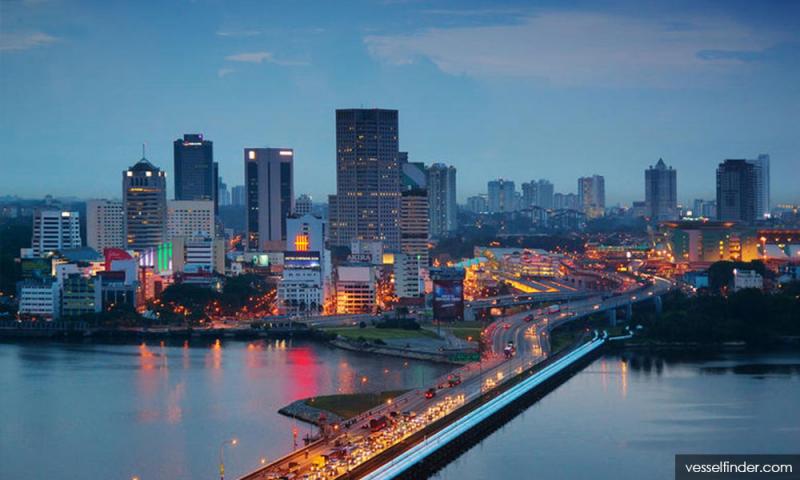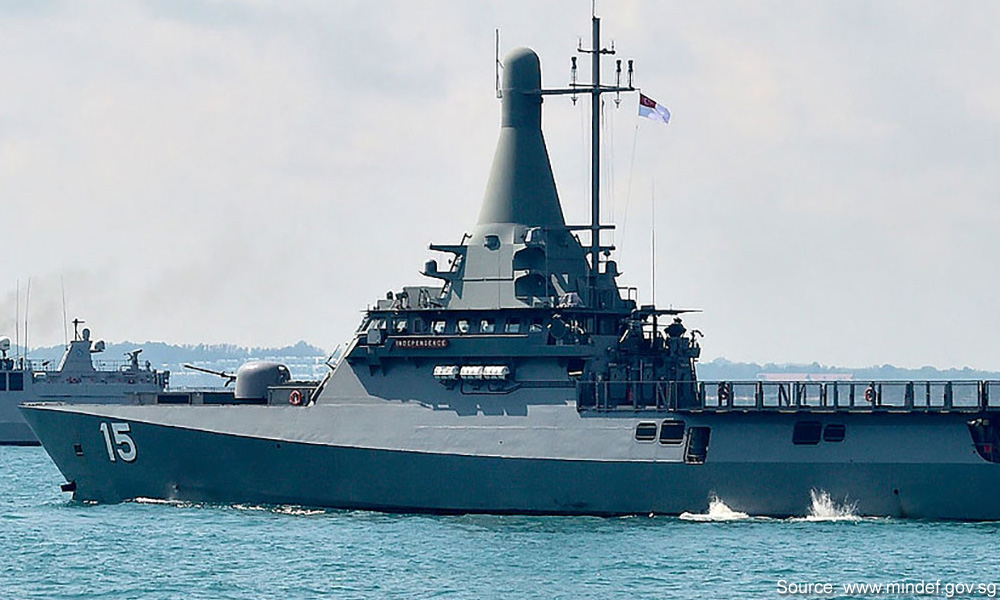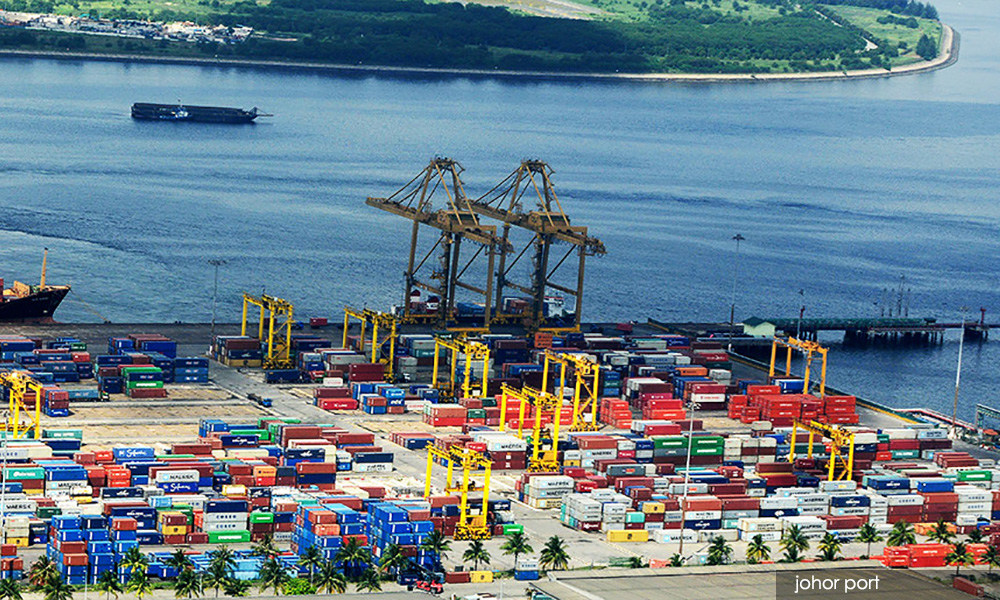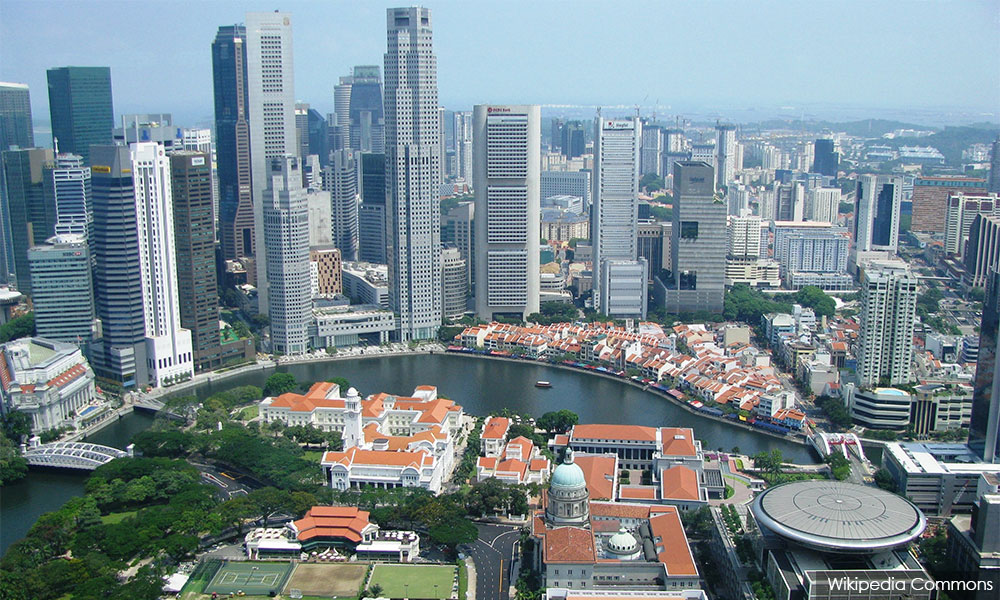COMMENT | The relationship between Singapore and Malaysia has always been difficult to understand. Both countries are determined to live and let live, yet both are also creatures driven by their own interests.
Malaysia's GDP has grown at an average of six percent a year from Merdeka in 1957. But Singapore, after leaving Malaysia in 1965, kept growing and growing, and its GDP is now somewhat on par with Malaysia now, if not a fraction more.
This is why we need to be blunt now, just as Singapore is often blunt to us in turn. Without Malaysia providing all forms of auxiliary support, be they passive or active – all of which academic Kishore Mahbubani, himself a Singaporean, asks his country not to take for granted – the republic would arguably not be where it is.
A small gesture of kindness to Malaysia, even the occasional appreciative word, would be nice. Instead, Singapore often takes a holier-than-thou approach – believing that only they are right and everyone else is wrong. This includes the current spat over the 1979 maritime border.
If Singapore has reached an economic size that is larger than ours, why can’t we consider them to be an equal power that we respect, yet demand due privilege – or right – from, in terms of adjusting the price of water sold to them?
At three sen per 1,000 gallons, the 1962 Water Agreement is not worth even the paper it is written on. The Singapore retort is framed in the legalistic mould: the agreement on water isn't due until 2061.
Unyielding position
But this is where Singapore needs to smarten up.
Assuming Malaysia agrees lock, stock, and barrel to only reviewing the agreement in 2061 – essentially adopting, or indeed internalising Singapore’s legal logic – wouldn't that stiff and literal approach also endanger the republic’s own position, since both would be unyielding by then?
In fact, Singapore hardly mentioned the negative externalities that came from its jet fighters’ even momentary incursions into Johor or Pahang airspace. Malaysia has taken a live and let live approach with this, given that we know that Singapore is smart enough not to spoil for a fight.
Thus when Singapore goes ballistic about the so-called 14 "incursions" of Malaysian patrol boats between Oct 24 and Dec 5 – complemented with maps from its Ministry of Transport – one wonders if they know Malaysia has been tolerating its airspace incursions ad nauseam.
If Malaysia asserts its sovereignty and right to self-defence, as Singapore patrol boats seem to want to do in the new areas claimed by the former in 2018, we would have been having dogfights in our skies since 1965.
No one can tell or teach Singapore what to do. From its Ministries of Transport to Defence, Singapore appears ready to push Malaysia back to the de facto lines agreed in 1979.
Better fences
But one must remember that such assertive actions at sea carry their own demerits: they ruin the spirit of peaceful coexistence and collaboration.
Take intelligence gathering, for instance. Although the Communist era is over, wouldn't Singapore want to know the degree to which Muslim radicals returning from the battlefields like Syria and other Middle Eastern hotspots have been radicalised? Almost certainly, the answer is yes.
If that is the case, why should Singapore be so hard on any naval intrusions when Malaysia has said little, if nothing, about its aerial incursions?
Better fences do make better neighbours. Even if Malaysia has expanded its territorial limits in 2018, these expansions can be contested, not necessarily through third-person démarches, but high-level taskforce committees.
In fact, Singapore can have as many committees as it wants, and Malaysia will certainly reciprocate at any level, from Wisma Putra right up to the prime minister.
After all, it has always been customary of Malaysia to seek dialogue and discussion, which is why we have never gone to war with another country unless attacked, as we were during Konfrontasi in the mid-1960s.
"To jaw-jaw is always better than to war-war," as former British prime minister Winston Churchill was misheard as saying.
Since we’ve gone our separate ways, there has been no war. In fact, Malaysia has practically left Singapore alone, and aided it on occasion, to enable it to grow to its current size. How's that for indulgence on our part?
Eye for an eye
Of course, Singapore has every right to use a legal approach to govern its bilateral relationship with Malaysia. But what is good for the goose has to be good for the gander.
If Malaysia does the same, Singapore's airspace would be tied in knots. Any Singaporean attempt to build its budget airline with Tuas as its base would be thwarted by the Transport Ministry here, on the grounds of noise pollution inflicted on the residents of southern Johor.
All put, there is nothing that Singapore can gain by hardening its stance against Malaysia – either over disputed water, or indeed, disputed waters.
It helps not to turn a spat into a spar. Because then what? Fight and tear at each other's faces? Everyone knows that wars are meant to make orphans of children.
There is nothing to gain by issuing threats to interdict Malaysian ships in Malaysian or Singaporean waters. What they will get is only pain by a thousand cuts.
But then if Singapore feels that its 2019 election is the perfect time to flex its muscles, they should also know that such naked display of nationalism is bound to make Malaysians willing to do the same.
And an eye for an eye makes the world go blind.
RAIS HUSSIN is a supreme council member of Bersatu. He also heads its policy and strategy bureau.
The views expressed here are those of the author/contributor and do not necessarily represent the views of Malaysiakini.









